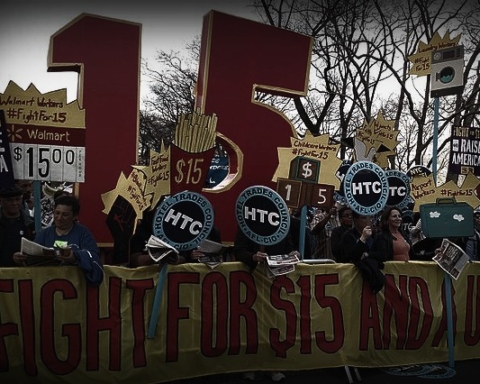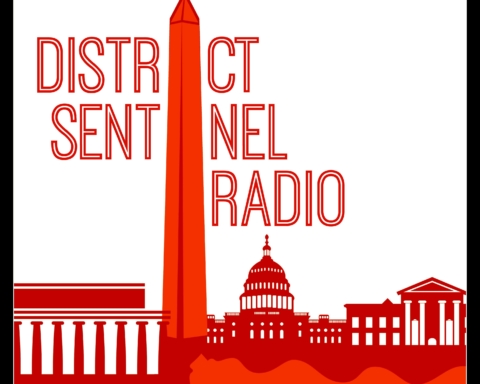When federal agents cut off internet access to a Las Vegas hotel room and posed as repair technicians to enter the space to covertly collect evidence, they violated the occupant’s Fourth Amendment rights, according to a district court ruling.
Documents published on Monday by Courthouse News provide details into how the FBI conducted its unconstitutional operation last July, and obtained evidence that was used to tie a prominent poker player to an illegal gambling business.
Wei Seng Phua was renting a villa last summer at Caesars Palace in Las Vegas, when a special investigative unit at the hotel began to suspect he was taking bets on the World Cup soccer tournament.
Interviews with hotel employees who alleged they’d seen “computers, monitors, and chairs set up in a configuration that resembled a boiler room bookie operation,” prompted the hotel to contact the Nevada Gaming Control Board (NBGCB), which enlisted the FBI to look into the matter.
Once on the case, federal agents used the hotel’s internet service provider, Wood Telemanagement & Solutions (TMS), to disrupt the DSL connection to Phua’s villa in hopes of “surreptitiously” gaining access inside.
An initial attempt on, of all days, July 4, 2014 failed after no one in the room reported an outage.
The next morning, the feds again cut off DSL to the villa, which prompted Phua’s butler to notify the hotel.
Court records show that an FBI agent and an officer with the NVGCB went up to the room “dressed as TMS technicians” with “hidden recording devices,” and informed the butler they were there to fix the internet.
What agents saw inside the villa during their faux repair mission—including internet messages about bets and a laptop displaying a log-in page for an illegal sports wagering website—was used to secure a search an official warrant to be executed a few days later.
“The ruse’s only purpose was to gain entry…and gather evidence without a warrant,” US District Judge Andrew Gordon said in his ruling on the case, which in his view “tests the boundaries of how far the government can go when creating subterfuge to access a suspect’s premises.”
Federal officials had argued that its initial intrusion into Phua’s villa was a “consensual encounter,” and that since “DSL is not an essential service… Phua could have declined to request the repair or delayed calling for assistance until after he had concealed from plain view any items he did not want a third party to see.”
Judge Gordon disagreed.
“Allowing law enforcement to engage in this conduct would eviscerate the warrant requirement,” he said.
“Authorities would need only to disrupt phone, internet, cable, or other ‘non-essential’ service and then pose as technicians to gain warrantless entry to the vast majority of homes, hotel rooms, and similarly protected premises across America,” Judge Gordon added.
He ordered the suppression of all evidence seized from Phua’s villa, which, according to reporting from the Las Vegas Review Journal, could ultimately lead to the poker player’s acquittal. Prosecutors had previously stated it would be difficult to convict Phua on illegal betting charges without the evidence obtained in the July raid, the Review Journal noted on Friday.
In a statement reported by Courthouse News, Phua’s attorney David Chesnoff called the ruling an “extremely important decision for anyone who values their privacy.”
The trial is slated for June 1.



